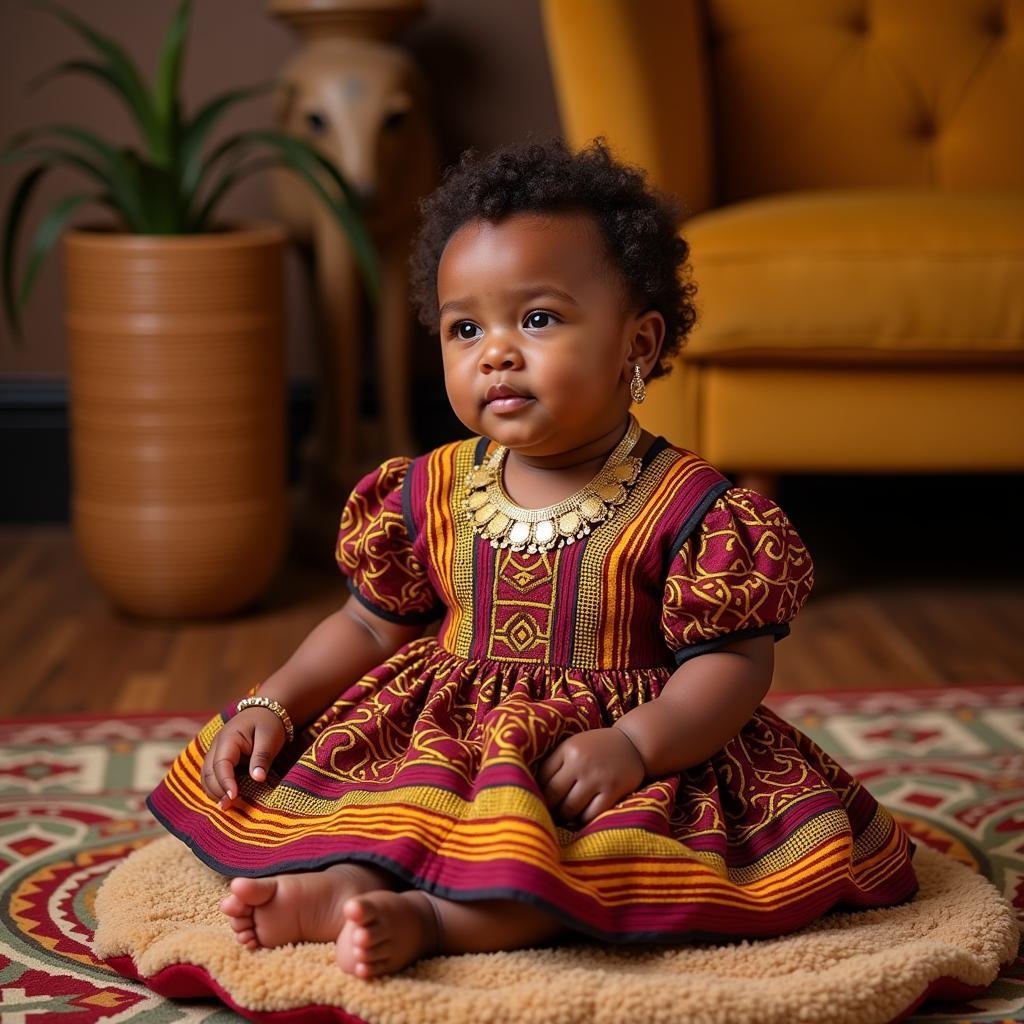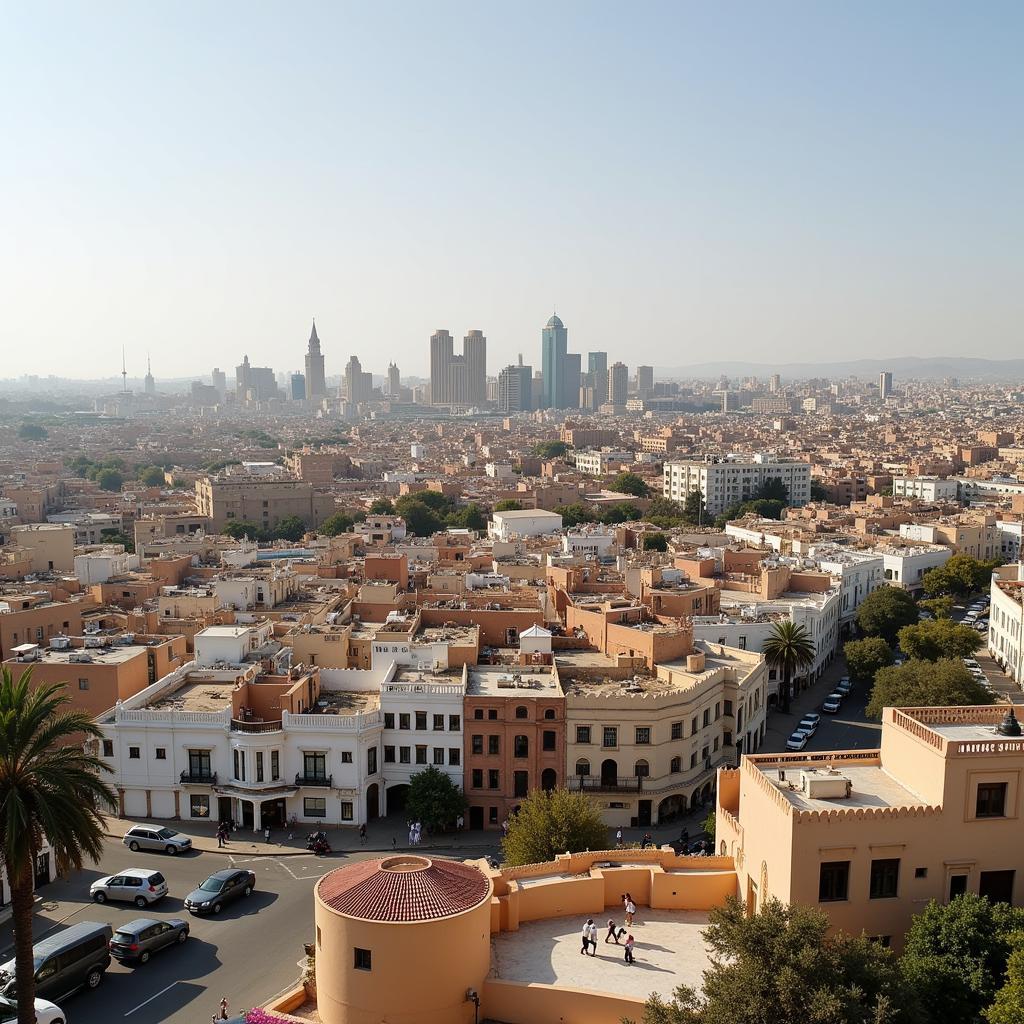Exploring the Rich Tapestry of African Culture and Life
African culture is a vibrant tapestry woven from the threads of diverse traditions, beliefs, and customs. It is a continent brimming with captivating stories, ancient wisdom, and unparalleled artistic expressions. This exploration delves into the heart of African life, showcasing its rich heritage and the beauty of its people.
The Power of Storytelling in African Traditions
Storytelling is deeply embedded in the fabric of African culture, serving as a powerful tool for education, entertainment, and preserving history. Passed down through generations, these oral narratives carry the wisdom of ancestors, teach moral lessons, and celebrate the triumphs and struggles of the human spirit. From the enchanting folktales of West Africa to the epic poems of the Maasai in East Africa, each story offers a unique glimpse into the values, beliefs, and worldview of different communities.
The Rhythms of Africa: Music and Dance as Expressions of Life
Music and dance are integral to the African experience, pulsating through the heart of every celebration, ritual, and gathering. Each region boasts its unique musical styles and dance forms, reflecting the diversity and cultural richness of the continent. From the polyrhythmic drumming of West Africa to the soulful melodies of South African jazz, African music has influenced musical genres worldwide. Dance, too, is a powerful form of communication, expressing emotions, stories, and cultural identity. The vibrant costumes, intricate movements, and infectious energy of African dance captivate audiences and celebrate the joy of life.
Artistic Heritage: A Kaleidoscope of Colors and Creativity
Africa is a continent renowned for its artistic heritage, with diverse forms of art that reflect the creativity and ingenuity of its people. From the intricate wood carvings of the Makonde in Tanzania to the colorful textiles of Ghana, African art encompasses a wide range of mediums and styles. Each piece tells a story, often imbued with symbolism and spiritual significance. Traditional African art plays a vital role in cultural ceremonies, adornment, and everyday life.
The Flavors of Africa: A Culinary Journey of Discovery
African cuisine is as diverse as its people and landscapes, offering a tantalizing culinary journey for adventurous palates. Each region boasts its own unique flavors and ingredients, influenced by local produce, cultural traditions, and centuries-old recipes. From the hearty stews of North Africa, spiced with aromatic blends, to the fresh seafood dishes of coastal regions, African food is a celebration of flavors, textures, and communal dining. Staples such as cassava, yams, and plantains are combined with a variety of meats, vegetables, and spices to create delicious and nutritious meals.
Respect for Elders and the Importance of Community
Traditional African societies place a strong emphasis on respect for elders, recognizing their wisdom and experience as valuable assets to the community. Elders are often consulted for advice, guidance, and conflict resolution. The concept of “Ubuntu,” a philosophy widely embraced in Africa, emphasizes interconnectedness and the importance of community. It promotes compassion, empathy, and the belief that the well-being of one is intertwined with the well-being of all.
Conclusion
From the captivating storytelling traditions to the vibrant music and dance, the rich artistic heritage, and the tantalizing culinary experiences, African Life is a testament to the resilience, creativity, and warmth of its people. Exploring the tapestry of African culture offers a profound understanding of the continent’s history, values, and the beauty of human diversity.




